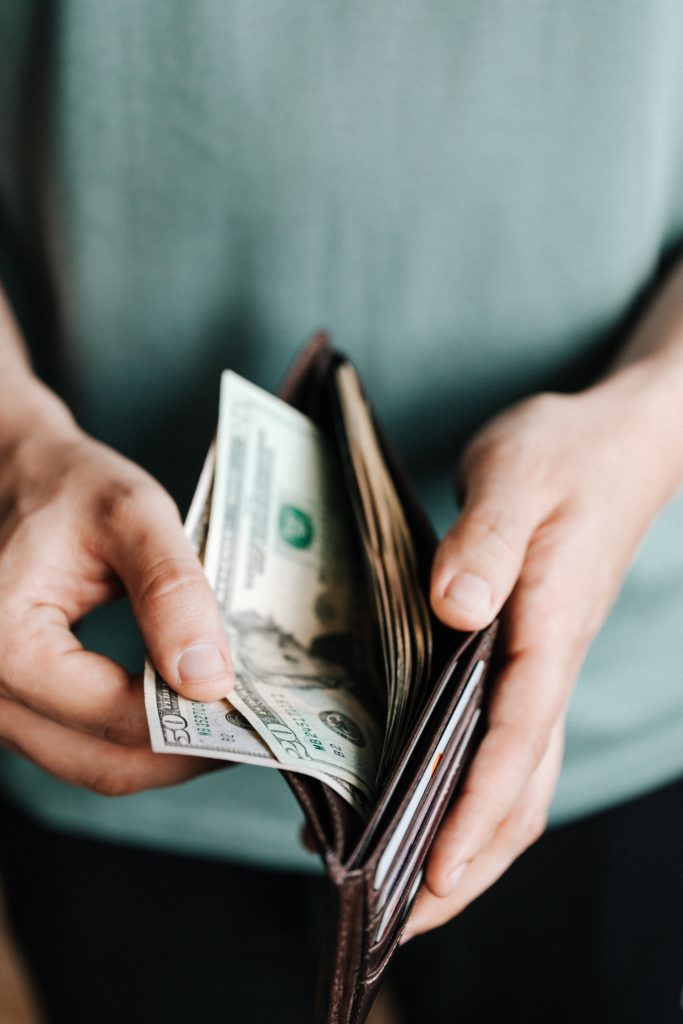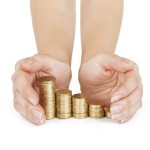
Those considering filing a Chapter 13 bankruptcy worry about “what happens to my bank account?” Will the trustee take all the money? How do I pay my living expenses after I file?
The short answer is: nothing changes.
The account remains yours and available for all the expenses of day to day living. Because, in Chapter 13, you remain in possession and full control of all of your assets.
The Chapter 13 bankruptcy bargain is that you make a monthly plan payment to the bankruptcy trustee in exchange for keeping your assets and ultimately, discharging your debts.
How your monthly plan payment is determined
One caution: sometimes credit unions cancel the membership of someone who has filed bankruptcy and causes a loss for the credit union.
When your bank balance matters
What is important about your bank balance when you file is that it influences how much you repay your creditors in Chapter 13. A basic rule in Chapter 13 is that creditors must get at least the same amount of payment in 13 as they would have if you’d filed Chapter 7.
So, if you have a significant bank balance that exceeds the exemptions available to exclude it from the case, you may pay more over time than if your balance was smaller.
Pay attention to bank’s right of setoff
If you owe your bank money on a personal loan, common law gives the bank the right to set off your debt to the bank against the money in your bank account. That right gives the bank, in effect, a lien on your funds that it holds.
Remedy: see that your bank balance is minimal when you file, to minimize the amount the bank may claim is theirs. By law, however, any money you deposit in that account after you file bankruptcy is not subject to set off.
Note too that federal law provides that set off is not available to the bank to collect on a credit card that it issued. So you don’t have to worry about your balance if your only debt to the bank is the credit card the bank gave you.
Watch out for automatic payments from your account
You do want to review what payments are made automatically from your bank account. You can continue automatic debits that pay for ongoing living expenses like insurance, cell phone, or utilities.
You want to stop automatic payments that are going to credit cards, personal loans, or taxing authorities. Debts that exist on the day you file are subject to the bankruptcy case. Those creditors must file a proof of claim in the bankruptcy case, and wait for payment, if any, by the Chapter 13 trustee.
Usually, car loans are paid through the Chapter 13 plan. Make sure to ask your attorney how your plan treats your car loan.
More
Keys to a successful Chapter 13
How to interview a bankruptcy lawyer





